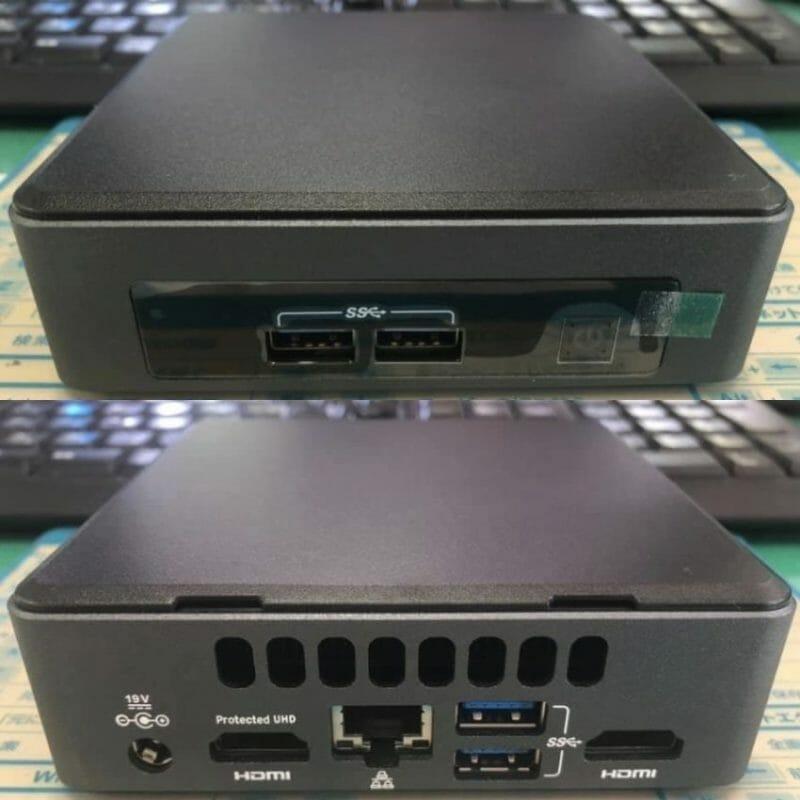In today’s rapidly evolving world, technology has become an integral part of various industries, and the healthcare sector is no exception. The advent of mini PCs has brought a revolutionary change in the way healthcare is delivered, particularly in the field of telehealth. Mini PCs, with their compact size and powerful capabilities, are transforming the healthcare landscape by enabling seamless remote consultations, diagnostics, and patient monitoring.
The Importance of Mini PC for Telehealth
Telehealth has emerged as a crucial aspect of modern healthcare, allowing patients and healthcare providers to connect virtually. The mini PC for telehealth has become a game-changer due to its compact design, portability, and impressive processing power. With the ability to run sophisticated medical software, mini PCs empower healthcare professionals to deliver high-quality care remotely. Let’s delve deeper into the reasons why mini PCs have gained immense popularity in the telehealth industry.
Enhancing Accessibility and Convenience
Mini PCs enable healthcare providers to reach patients who may reside in remote areas or have limited access to medical facilities. By utilizing telehealth platforms powered by mini PCs, patients can conveniently consult with doctors, receive diagnoses, and access specialized care without the need for extensive travel. The ease of use and portability of mini PCs make it possible for healthcare professionals to deliver medical expertise anytime, anywhere.
Seamless Connectivity for Telehealth
Connectivity is the backbone of telehealth, and mini PCs provide a reliable and seamless connection between patients and healthcare providers. Equipped with advanced networking capabilities, these mini powerhouses can seamlessly integrate with various telehealth platforms, ensuring smooth video conferences, data transmission, and real-time monitoring. The high-speed connectivity offered by mini PCs plays a vital role in delivering efficient telehealth services.
Powerful Performance in a Compact Design
Despite their small size, mini PCs pack a punch when it comes to performance. These miniature computing devices are equipped with powerful processors, ample memory, and storage capacity, enabling healthcare professionals to run resource-intensive medical applications effortlessly. From processing medical images to analyzing patient data, mini PCs offer the processing power needed for accurate and timely diagnosis, making them an ideal choice for telehealth practitioners.
Security and Privacy Considerations
Privacy and security are of utmost importance in the healthcare industry, and mini PCs provide robust features to ensure the protection of sensitive patient information. With built-in security measures, such as encryption and secure boot options, mini PCs offer a secure environment for telehealth consultations and data exchange. These devices also allow healthcare professionals to adhere to strict compliance regulations, safeguarding patient privacy.
Cost-Effectiveness and Scalability
Implementing telehealth solutions with mini PCs offers significant cost savings compared to traditional healthcare models. Mini PCs are generally more affordable than full-sized desktop computers or laptops, making them a cost-effective option for healthcare organizations. Moreover, these devices are highly scalable, allowing healthcare providers to expand their telehealth infrastructure seamlessly as the demand grows, without incurring substantial expenses.
Conclusion
The advent of mini PCs has revolutionized the field of telehealth, providing healthcare professionals with a compact, powerful, and cost-effective solution for remote medical care.
When it comes to selecting a reliable and high-performance mini PC for your telehealth needs, GEEKOM is your trusted partner. Enhance your patient care, improve workflow efficiency, and embrace the future of remote healthcare with a GEEKOM mini PC.
